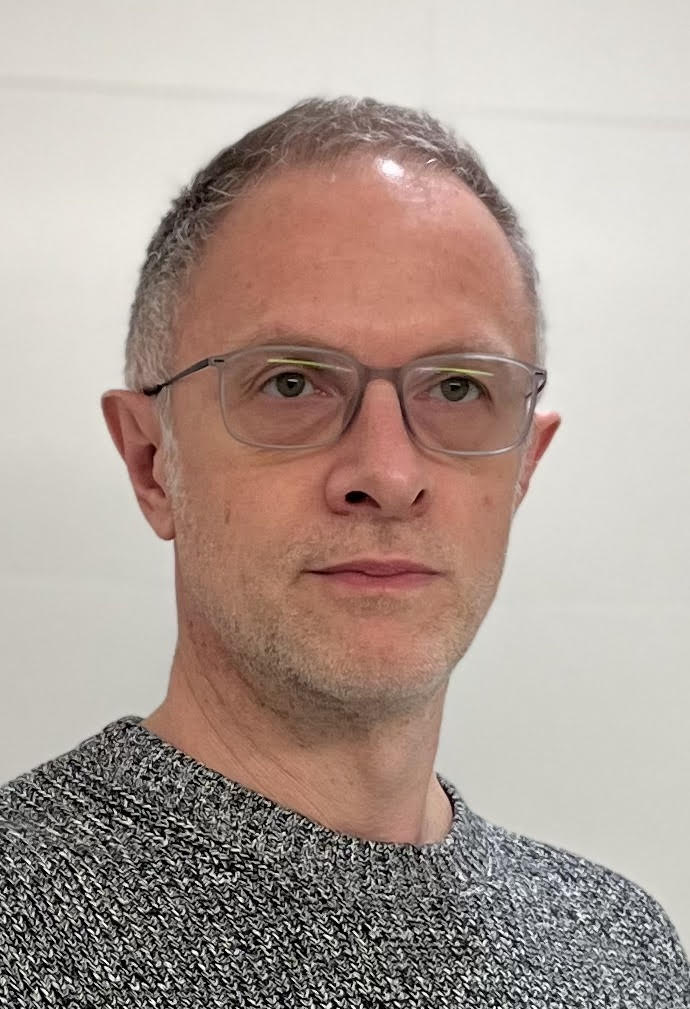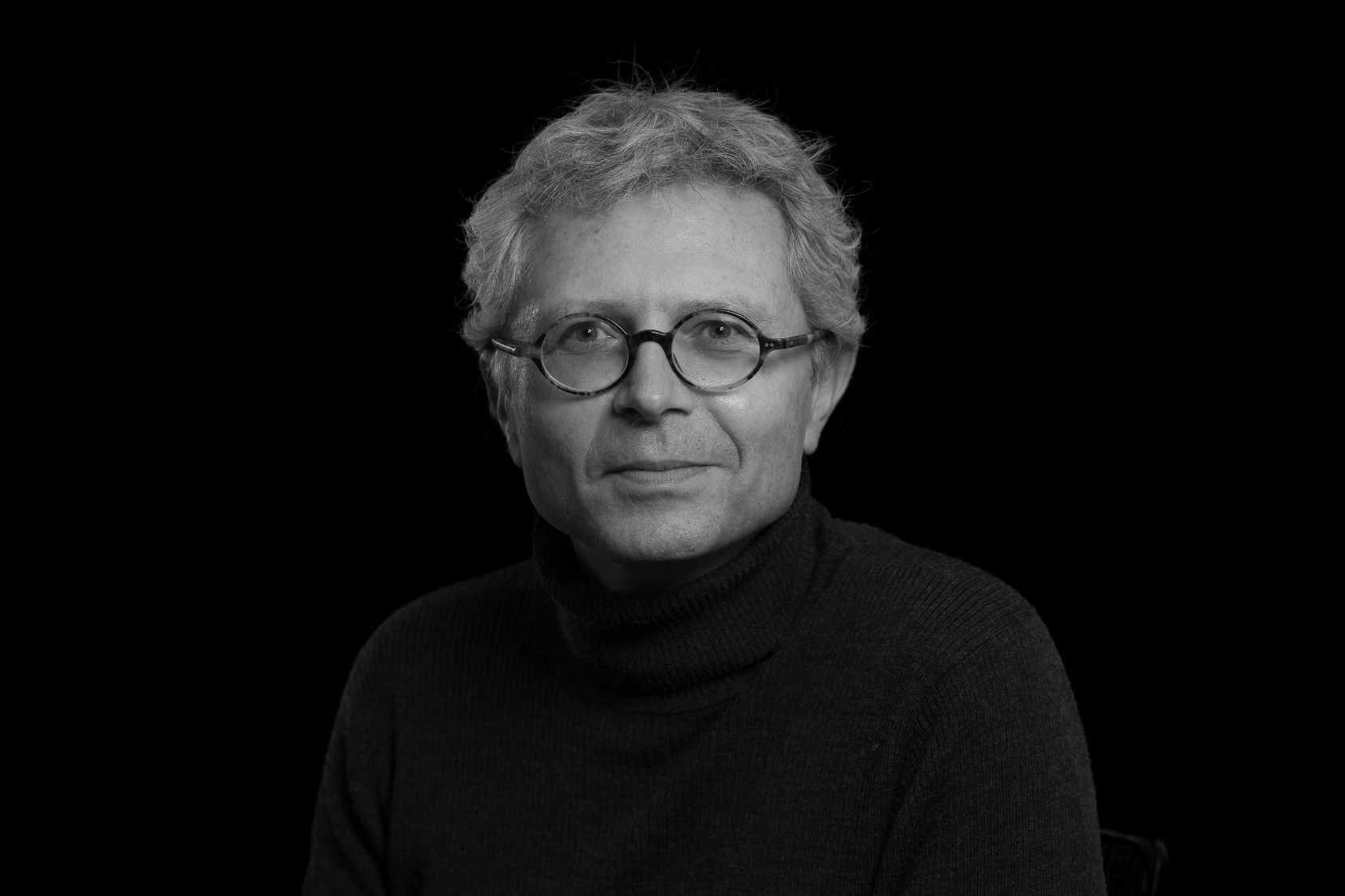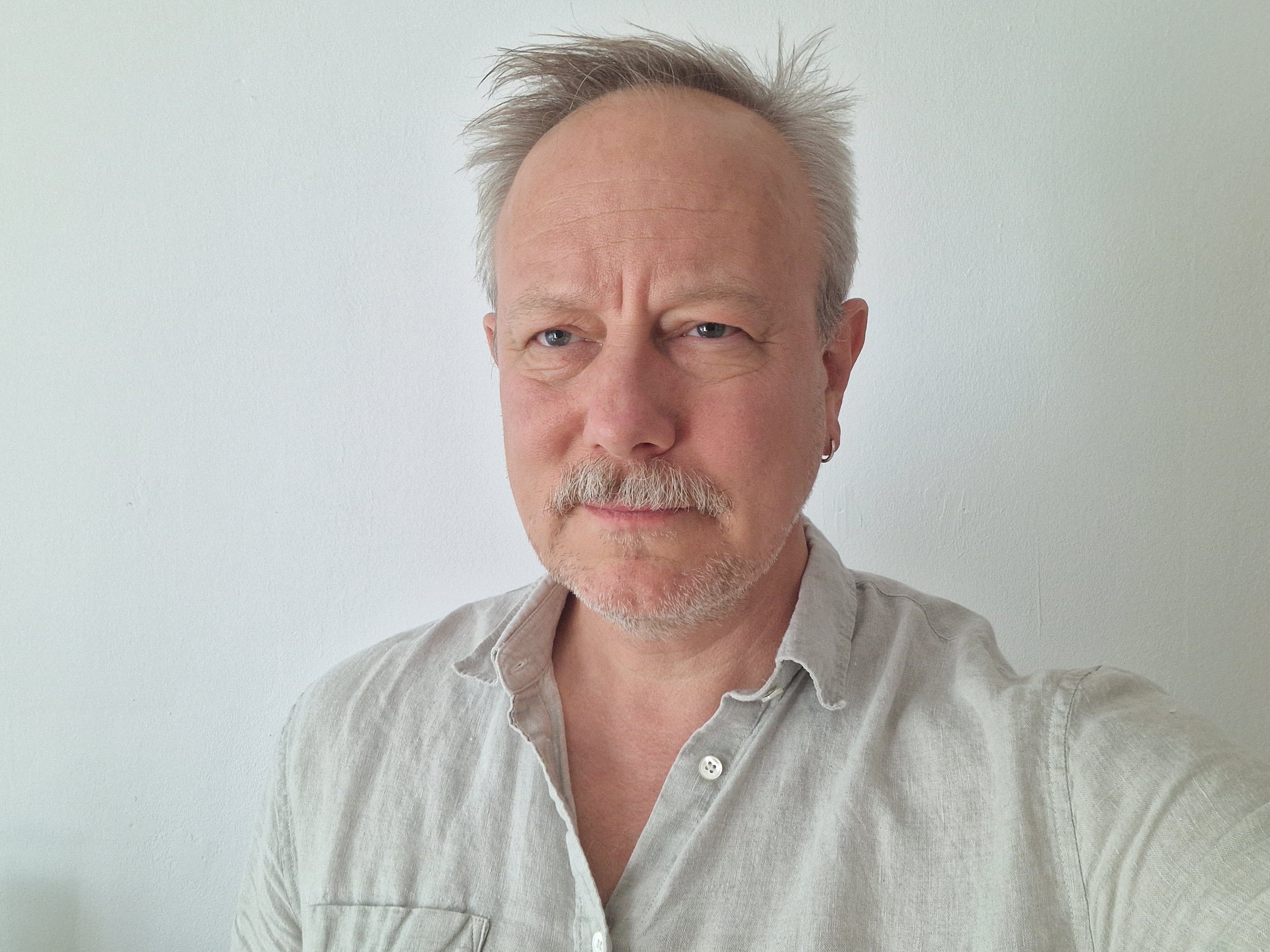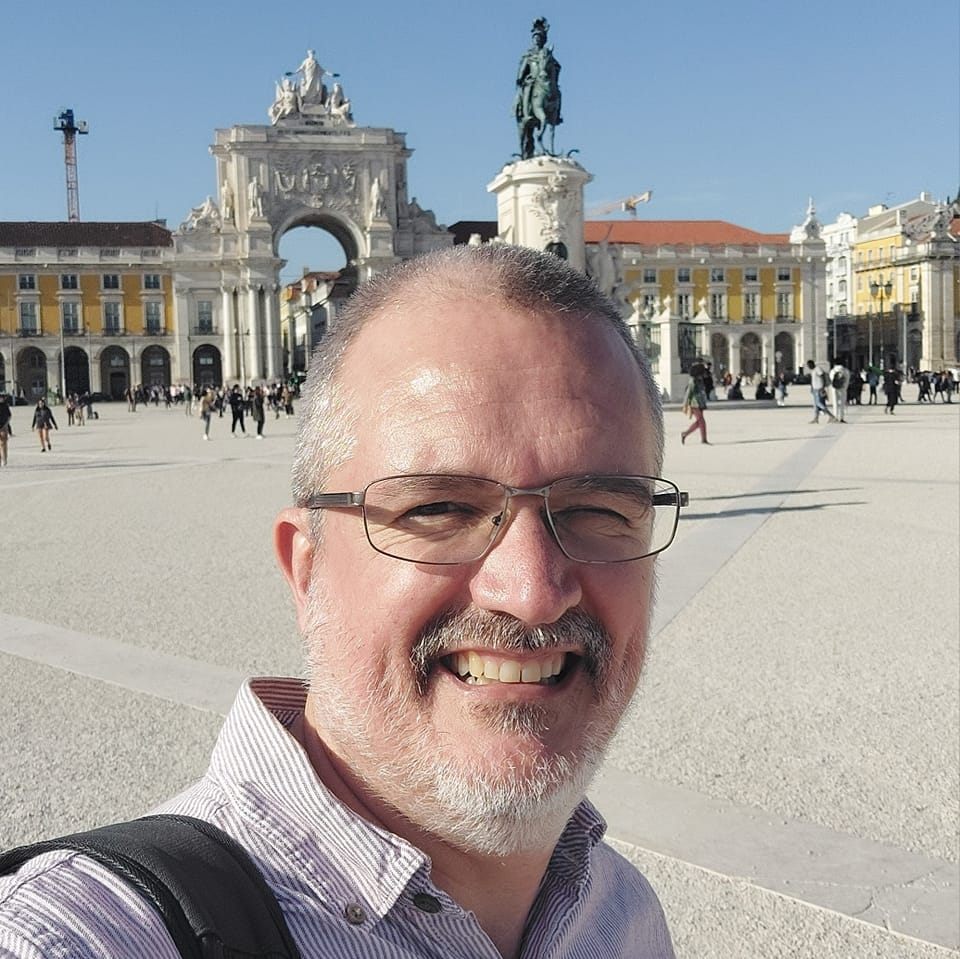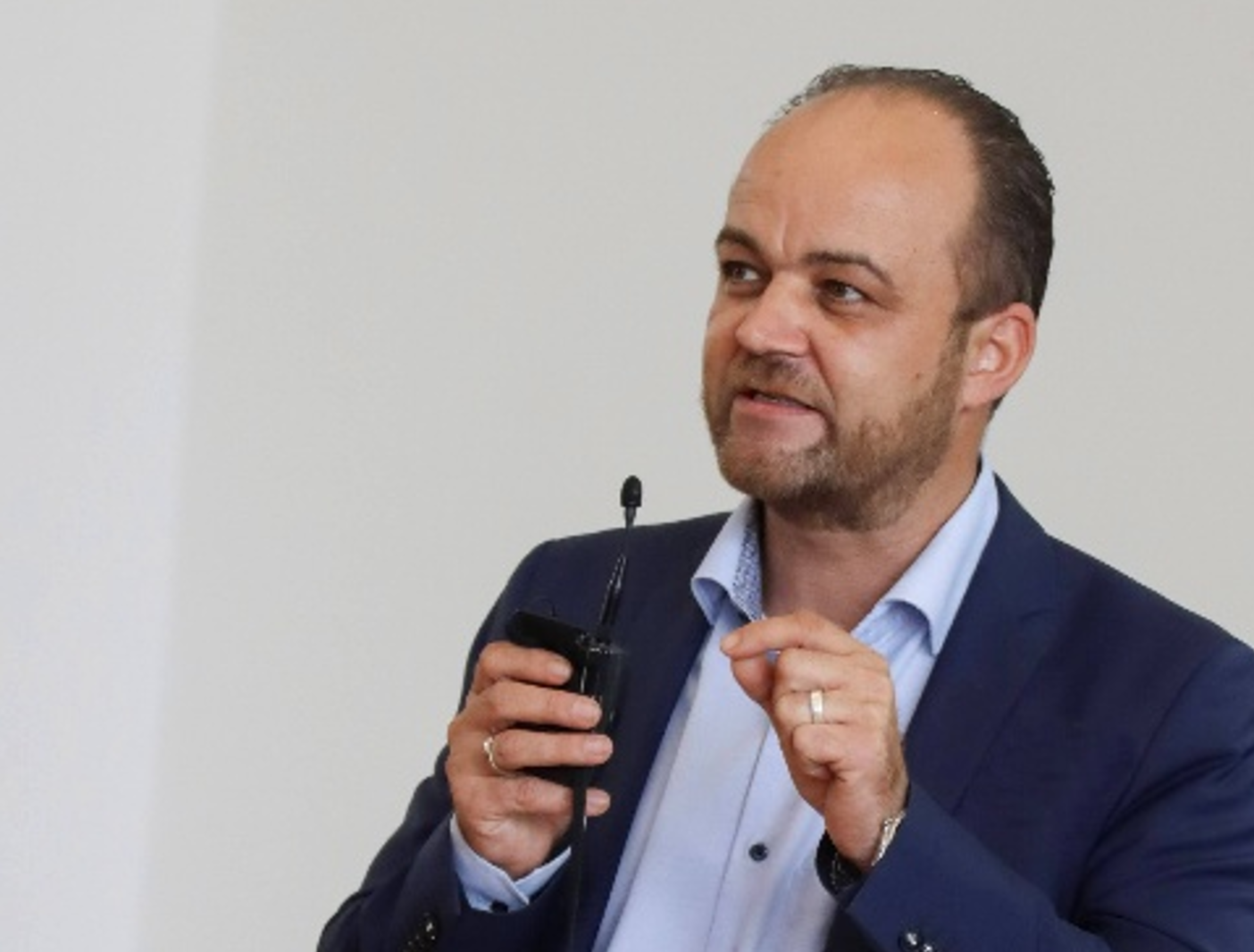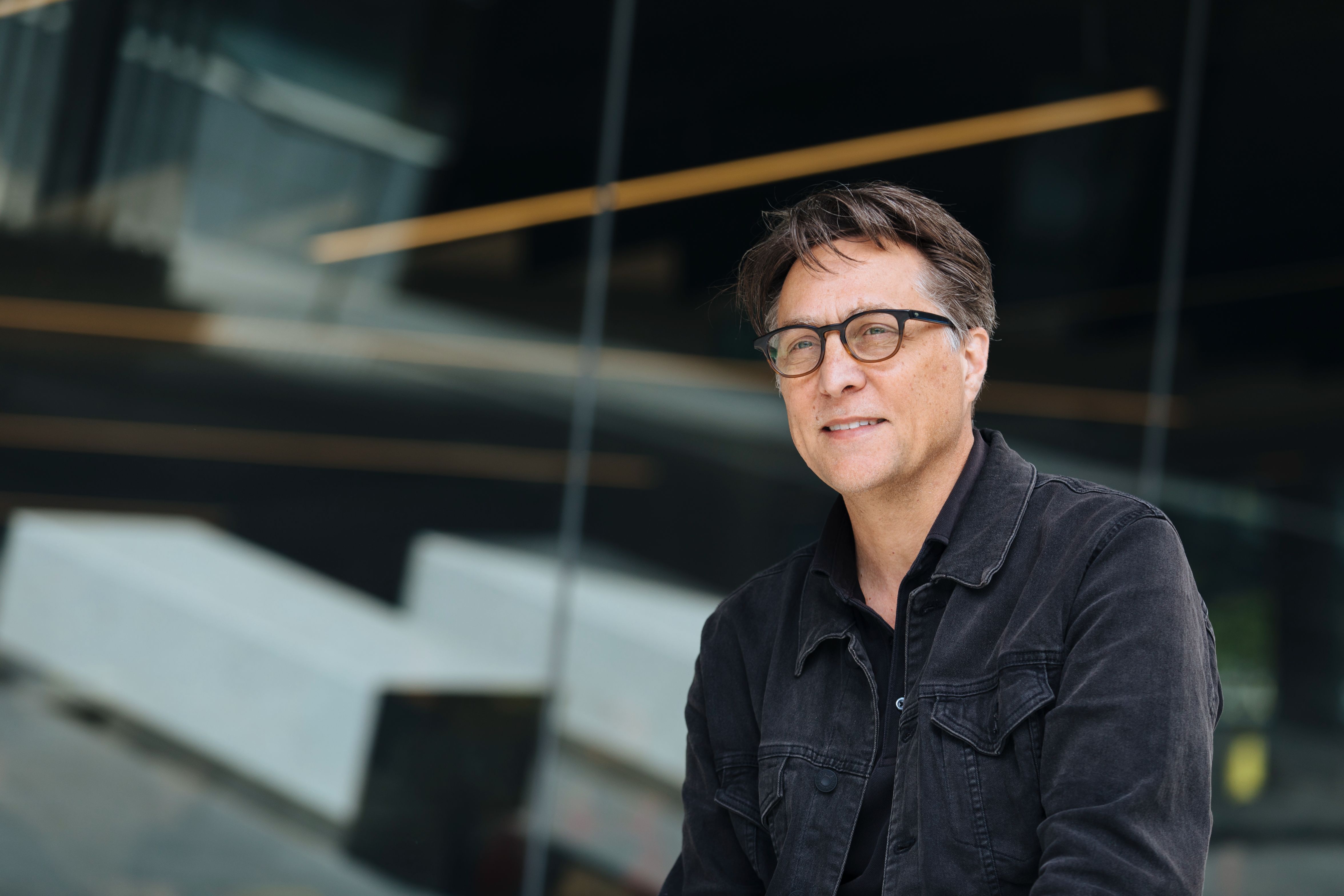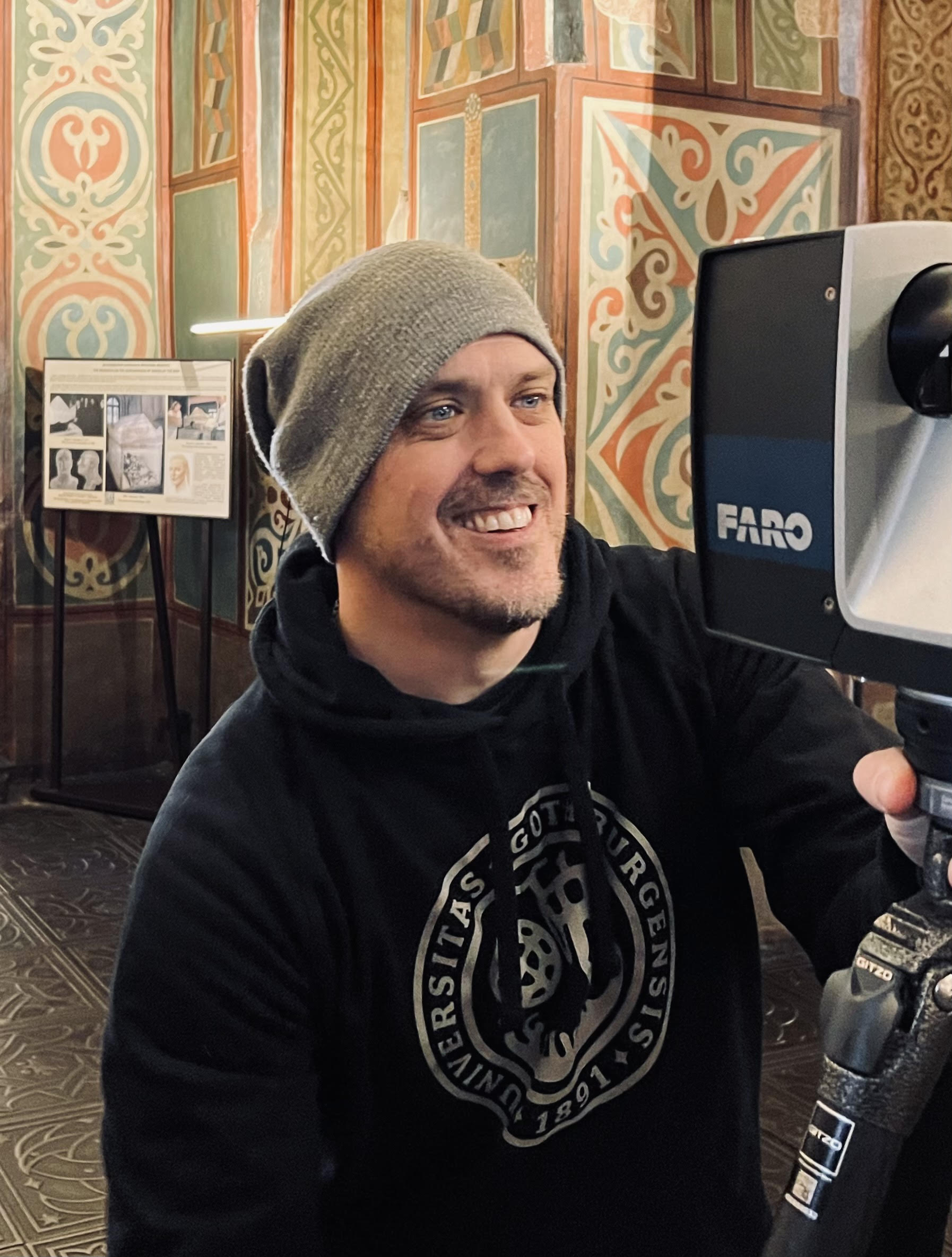You are here :
- EUTOPIA website
- Home
- STUDENTS
- Connected Communities
- ICC
Connected Community for Digital Initiatives (DigIn)
The Connected Community for Digital Initiatives (DigIn) serves as a dynamic platform, merging the humanities with state-of-the-art digital technologies. It is committed to addressing critical societal challenges, such as heritage preservation, bridging the digital divide, and fostering sustainable urbanisation. Our comprehensive educational and research agenda is tailored to empower learners across varying levels of expertise. Through a diverse array of courses and workshops, participants are introduced to essential skills in data science, spatial analysis, and the transformative role of artificial intelligence. Our collaborative framework includes prestigious institutions such as Universitat Pompeu Fabra, Ca’ Foscari Venezia, and Technische Universität Dresden, providing an expansive pool of knowledge and resources. DigIn invites students, academics, policy-makers, and societal stakeholders to engage with us in this initiative, as we collectively strive to create a digitally proficient society capable of addressing global challenges.
Connected Community Activities
- Upcoming Activities
-
Coming soon
- Past Actvities
-
Coming soon
How to get involved?
ContactCC lead: Simone Ventura (UPF). Email: simone.ventura@upf.edu
Local Facilitator: Laia Cotet (UP). Email: laia.cotet@upf.edu
- Lead: Simone Ventura (UPF). Email: simone.ventura@upf.edu
-
Simone
Simone Ventura is a Beatriz Galindo Senior Researcher at Universitat Pompeu Fabra (UPF) in Barcelona and Deputy Director of the Centre for Digital Methodologies in the Human Space (DIGITHS). His research bridges Digital Humanities and Romance Philology, with a focus on medieval French and Occitan literature, Romance linguistics, and comparative literature.He is the Principal Investigator of the international project Canoniser les Sept Sages (C7S), which explores the textual history and digital editing of the 13th-century Sept Sages de Rome, including its Italian reception. Simone Ventura has also worked on 20th-century Italian literature, poetic theory, and has conducted scholarly work across Europe and North America.
- Co lead: Marco Madella (UPF). Email: marco.madella@upf.edu
-
marco
I am an ICREA Research Professor at the Department of Humanities, Universitat Pompeu Fabra (UPF) in Barcelona, where I lead the Culture, Archaeology and Socio-Ecological Dynamics (CaSEs) research group and direct the UPF Centre for Digital Methodologies in the Human Space. My research focuses on the socio-ecological dynamics of past human populations in challenging environments—ranging from hyper-humid to arid and semi-arid regions—spanning from the Mediterranean to tropical areas. My interests encompass past land use patterns, modeling human behavioral changes, co-evolutionary dynamics between people and plants, long-term trajectories of biodiversity and sustainability in prehistoric societies, and the origins and resilience of agricultural practices. In recent years, I have initiated research into large-scale digital recording and protection of archaeological heritage in regions facing increasing threats. Throughout my career, I have contributed significantly to the field of archaeological science, including the development of an innovative and interdisciplinary methodological framework to model and simulate ancient societies and their relationship with environmental transformations (SImulPast Project / INGENIO-Consolider) and the use of machine-learning techniques for the automated remote detection of archaeological heritage (MAPHSA Project / Arcadia).I am an honorary professor at the University of the Witwatersrand (South Africa). and have previously held posts at the IMF-CSIC Barcelona and the University of Cambridge. I have been a visiting professor in institutions in Korea, Japan, India, and the UK. Over the past two decades, I have led numerous international research projects in archaeological sciences—many with a strong digital component—funded by the EU, the Spanish and Catalan governments, and private foundations such as BBVA, Palarq, and Arcadia.
- Partner: Franz Fischer (UNIVE). Email: franz.fischer@unive.it
-
Franz
Franz Fischer is associate professor for Medieval and Humanist Latin Literature and director of the Venice Centre for Digital and Public Humanities (VeDPH) at the Dipartimento di Studi Umanistici, Ca' Foscari University of Venice. He is (co-)editor of of Medieval Latin works by Patrick of Ireland, Peter of Poitiers and William of Auxerre and of the Venetian Epigrams by Johann Wolfgang von Goethe. He is editor-in-chief of magazén - International Journal for Digital and Public Humanities and of Digital Medievalist. A founding member of the Institute for Documentology and Scholarly Editing (IDE), he is co-publisher of SIDE, a series on digital editions, palaeography and codicology, and of RIDE, a review journal on digital editions and resources. - Partner: Dani Alves (NOVA). Email: dra@fcsh.unl.pt
-
daniel
Daniel Alves is Associate Professor (with Habilitation) at the Department of History and researcher at the Institute of Contemporary History (IHC), both at NOVA FCSH, NOVA University of Lisbon. He has a Master in 19th Century History and a PhD in Contemporary Economic and Social History. He is editor of the journal IJHAC: A Journal of Digital Humanities, published by Edinburgh University Press (https://www.euppublishing.com/loi/ijhac ) and was editor-in-chief of the Portuguese version of The Programming Historian (https://programminghistorian.org/pt/ ) between 2021 and 2023. He coordinates the IHC Digital Humanities Laboratory (http://dhlab.fcsh.unl.pt/) and is a consultant for the ROSSIO Digital Research Infrastructure (https://rossio.pt/). He collaborates frequently in research projects that use databases and geographic information systems in historical research, coordinating the projects "Atlas, Historical Cartography" (http://atlas.fcsh.unl.pt/) and "Atlas of Literary Landscapes of Continental Portugal" (http://litescape.ielt.fcsh.unl.pt/ ). He is also one of the coordinators of the Master program on Digital Curation and Digital Humanities at NOVA FCSH (https://www.fcsh.unl.pt/en/courses/digital-curation-and- ).digital-humanities-in- association-with-fct-nova/ - Partner: Alexander Lasch (TU). Email: alexander.lasch@tu-dresden.de
-
Alexander
As a linguist, I deal with the particularities of the German language in its development and use. My interests focus on construction-grammatical approaches to contemporary language, indexing and machine analysis in the context of digital humanities, discourse- and domain-specific communication in the past and present, functional and regional varieties as well as topics of applied linguistics. I follow the principles of the open access community in teaching and research and am committed to the openness of educational resources (OER). After working in Munich and Kiel, I have been Professor of German Linguistics and Language History at TU Dresden since 2017. - Partner: Vince Dziekan (MU). Email: vince.dziekan@monash.edu
-
vin
Vince Dziekan is a senior academic and practitioner-researcher at Monash Art Design and Architecture (Monash University, Australia), and holds an Honorary Research Fellowship with the Institute for Digital Culture (University of Leicester, UK). Vince’s research focuses on culture sector challenges by engaging with transformations of contemporary curatorial practices at the intersection of emerging design practices, creative technology and museum culture. The interdisciplinary scope of his research practice is represented in his books: Museums and Digital Confidence (co-edited with Ross Parry and Karin de Wild; Routledge, 2025), Museums and design practices (co-authored with Marco Mason, Routledge, 2025), The Routledge Handbook of Museums, Media and Communication (co-edited with Kirsten Drotner, Ross Parry and Kim Christian Schrøder; Routledge, 2018) and Virtuality and the Art of Exhibition: Curatorial Design for the Multimedial Museum (Intellect Books, UK; University of Chicago Press, 2012). Vince has published widely in traditional, scholarly formats as well as in non-traditional modes through creative works and curatorial practice. He has served as associate editor of Curator: The Museum Journal (Wiley), and general editor of The Encyclopaedia of New Media Art (Bloomsbury). In his curatorial research he has produced exhibitions at national and international levels and established new curatorial initiatives and platforms, including MWX (Museums and the Web, USA;
launched in 2013), and Leonardo Electronic Almanac’s Media Exhibition Platform (introduced in 2010). He was an international advisor for 'One by One': building the digital literacies of UK museums (AHRC, 2017-20), held research affiliations with the National Gallery of Victoria (Melbourne), FACT (Liverpool, UK), and is co-directing ASSEMBLY, a research development initiative exploring new forms of collaborative museum research in association with the Australian Museums and Galleries Association. - Partner: Jonathan Westin (GU). Email: jonathan.westin@lir.gu.se
-
jonathan
Jonathan Westin, Associate Prof. in Conservation and Co-director of Gothenburg Research Infrastructure in Digital Humanities, specialises in visual, immersive and multi-sensory methods for the representation and preservation of cultural heritage. Westin has led several major research projects, including Methods for Digital Diagnostication of Sensitive Heritage, which studied advanced digital methods for data collection from a broad research perspective. He currently support the Ukrainian heritage sector with training and help with digital preservation. His work combines technical innovation with critical heritage studies and has contributed to the international development of digital workflows for documenting at-risk heritage.



